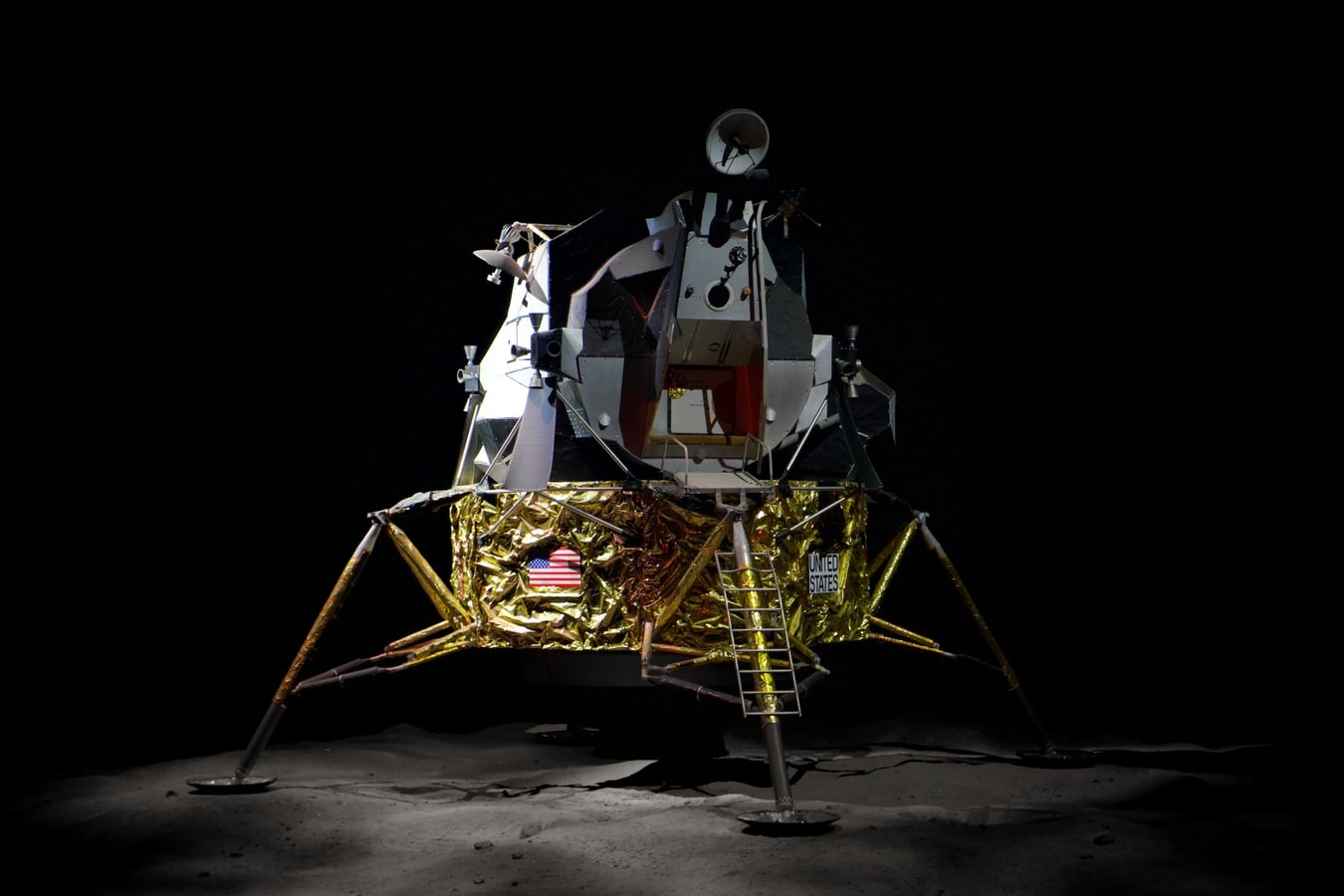Humanity has come a long way in space travel, especially since walking on Earth’s only moon in 1969. With questions of Mars colonization buzzing about the space industry also comes the question: “Is it worth the money?”
A popular argument against space exploration states that its massive endeavors are a huge waste of money and resources. This argument is not without solid reasoning. People all over the world live under constant threat of starvation. A large portion of the world’s population makes less than $3.00 a day. It could also be well worth it to allocate this money into humanitarian projects on earth. This argument purports that if space exploration is all about wandering through space, then there is no point in spending all of this money to do it.
But space exploration is not about simply wandering through space. Many aspects of space exploration are directly beneficial to us on Earth. A substantial argument for space exploration is eons old. Dinosaurs roamed the Earth for 160 million years before a large asteroid struck the Earth, according to the most common theory. The resulting atmospheric matter then allegedly blocked the sun from the Earth, bringing about a nuclear winter that wiped out the plants, plant-eaters, and meat-eaters on the planet. There is a fear that this could happen again and wipe out humanity. It is therefore crucial that scientists monitor asteroids in space, which may pose a similar threat. Radar reflects transmitted signals off of objects, allowing scientists to learn a great deal about an asteroid’s orbit, size, and rotation.
The billions of dollars spent on space research and exploration doesn’t evaporate—it provides a vast array of opportunities for jobs and services. Much of the space budget is spent on these jobs and services. From rockets to computers to small tools, all of the equipment and instruments used for space travel need to be built by someone. People design and construct these machines, and once they’ve been manufactured, they’re purchased by companies and organizations around the world, stimulating healthy economic growth. The workers for these companies include engineers, designers, graphic artists, IT professionals, and others. These builders and makers also tend to have a vast support system, including HR, catering, cleaning, and others. Salaries from these jobs generate a market for other goods and services, as well as returning funds to the government through taxation.
The term “space exploration” is a broad one that can encompass many industries, even those we least expect. For example, the internet is one of the most prevailing sources in our daily lives. Its influence would not be possible without the use of satellites, which come directly from space research and exploration. From an individual to a corporation, humanity would not even come close to where it is today without this valuable resource. This service is used daily and with consistent, immeasurable effects on global industries, and it’s all thanks to the space industry.
While protection for the planet and a thriving job market certainly help take humanity further, there are some aspects of space exploration which don’t seem to have an immediately profound effect on humanity. Surely in cases like these, some may argue, space research is a waste. The failure of this argument lies in its short-sighted nature. Many of our best contributions to science—including the microscope, which has saved countless lives since its invention—come from years or even decades of consistent work and tireless research. Some of our greatest problems require a more long-term approach to their solutions. When we decide what to pour our efforts into, we must consider the benefits for all humanity and for all time, and many of these benefits lie within the space industry.
Sources:
Grady, Monica. “Of Course Space Exploration is Worth the Money.” Space. Jun 10, 2015. https://www.space.com/29621-of-course-space-exploration-is-worth-the-money.html
Schumaker, Alina. “Should more money be spent on space exploration rather than to solve humanitarian problems on Earth?” Jan 13, 2019. https://ysjournal.com/should-more-money-be-spent-on-space-exploration-rather-than-to-solve-humanitarian-problems-on-earth/#:~:text=
Siegel, Ethan. “Why Exploring Space And Investing In Research Is Non-Negotiable.” Forbes. Oct 26, 2017. https://www.forbes.com/sites/startswithabang/2017/10/26/even-while-the-world-suffers-investing-in-science-is-non-negotiable/?sh=5b8853911647

